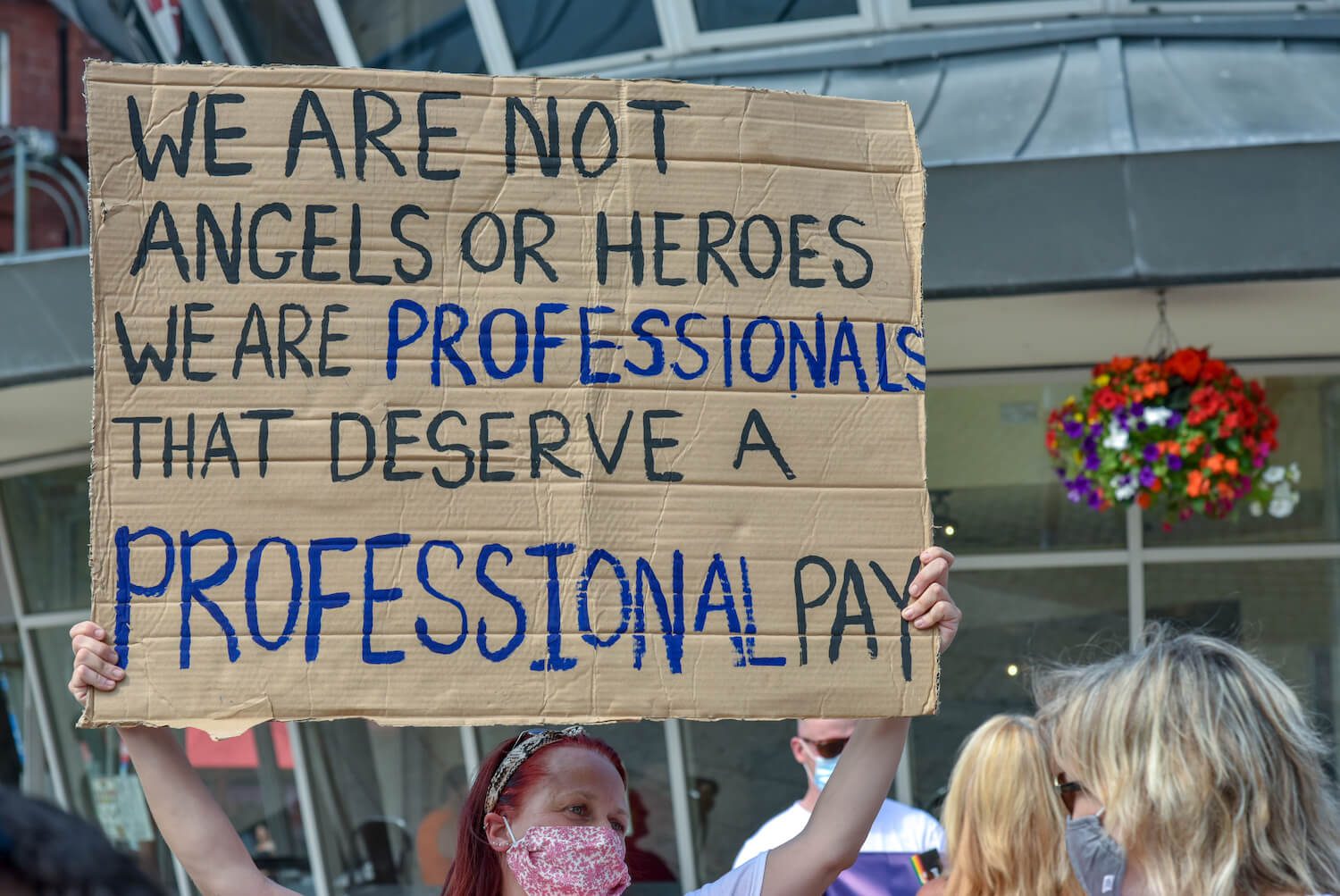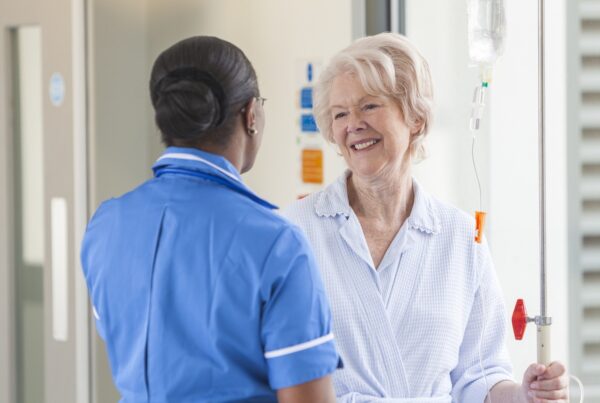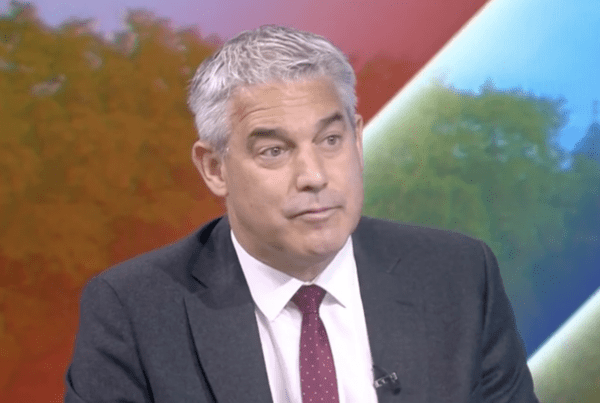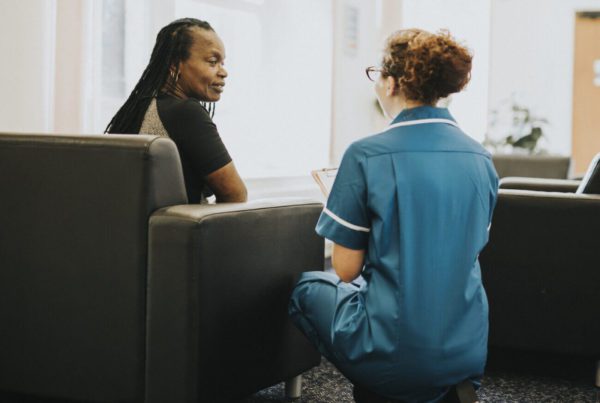
The Government refused an offer of formal, detailed negotiations.
The Royal College of Nursing (RCN) today announces its first strike action will take place on Thursday 15 and Tuesday 20 December.
The announcement comes after the UK Government turned down the RCN’s offer of formal, detailed negotiations as an alternative to strike action.
The strikes will happen in England, Wales and Northern Ireland. The College will announce which particular NHS employers will see action next week when formal notifications are submitted.
In Scotland, the RCN has paused announcing strike action after the government there reopened NHS pay negotiations. A slightly improved pay offer for workers in Scotland was made yesterday.
Refused to negotiate.
The average experienced frontline nurse is around £10,000 per year worse off now than in 2012.
RCN General Secretary and Chief Executive, Pat Cullen, said: “Ministers have had more than two weeks since we confirmed that our members felt such injustice that they would strike for the first time.
“My offer of formal negotiations was declined and instead ministers have chosen strike action. They have the power and the means to stop this by opening serious talks that address our dispute.
“Nursing staff have had enough of being taken for granted, enough of low pay and unsafe staffing levels, enough of not being able to give our patients the care they deserve.”
Misleading figures.
Responding to the news, Health and Social Care Secretary Steve Barclay admitted the hard work nurses do but claims the Government simply cannot afford the rise.
He explained, “These are challenging times for everyone and the economic circumstances mean the RCN’s demands, which on current figures are a 19.2% pay rise, costing £10 billion a year, are not affordable.”
In his statement, Mr Barclay claimed that newly qualified nurses already earned “over £31,000 a year” but it was revealed this included overtime and unsocial hours payments.
Finally adding, “Our priority is keeping patients safe. The NHS has tried and tested plans in place to minimise disruption and ensure emergency services continue to operate.”



